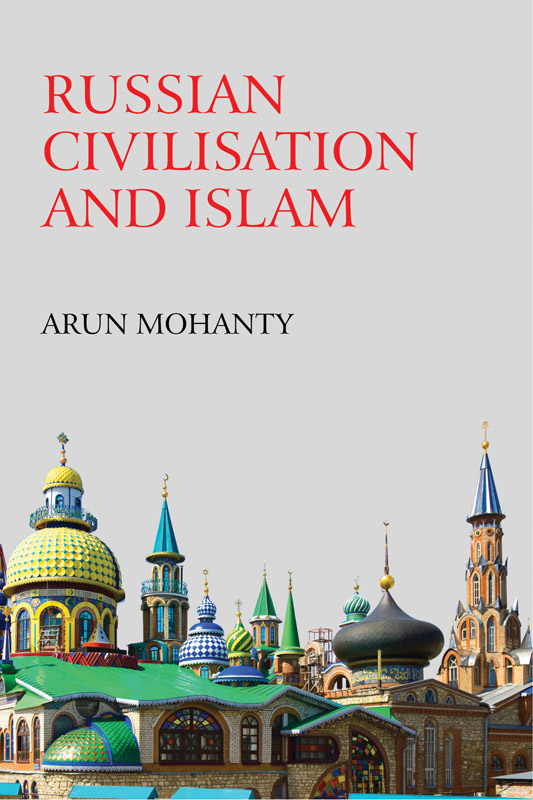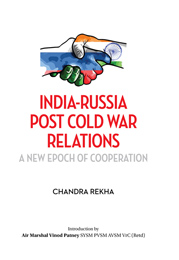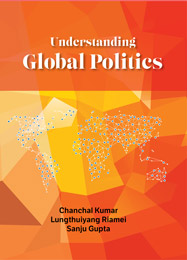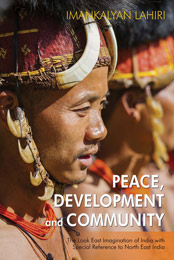Subjects
Russian Civilisation and Islam
Arun Mohanty
The discourse on Russia’s evolution as a nation and the formation of its civilisation is usually dominated by the debate about Russia’s integration with Europe and Christianity. The role of Islam in the evolution of the Russian civilisation , formation of its world view, its mindset and its culture have not received adequate attention and seem to be often ignored by scholars, with the exception of the Eurasian school of thoughts, led by one of its tallest proponents, Lev Gumilev .
Islam has contributed significantly to shaping Russian history, civilization and guiding its foreign as well as domestic policies. An integral part of Russian civilisation, Islam is an important factor in defining Russian identity, particularly in the light of the evolution of its Eurasian identity. And its identity issue in return has tremendously influenced Russia’s socio-economic development strategy as well as foreign policy over centuries.
The author, in the current volume, has made an attempt to analyse the revival of Islam and its current status in post-Soviet Russia and to evaluate the impact of Islamic factor on the formulation of Russian internal and external policies— while placing them in a proper historical context. Efforts have been made to determine the directions in which Russian society and polity would develop and to assess the position of Muslims within the scenario of this evolving Russian society .
The book surveys the issues of ethno-religious and territorial composition of Muslims in Russia, their role in the socio-political and spiritual development of the nation, the peaceful co-existence of Islam and Orthodox Christianity in the country and its impact on maintaining stability and harmony in the society.


 Political Science
Political Science



